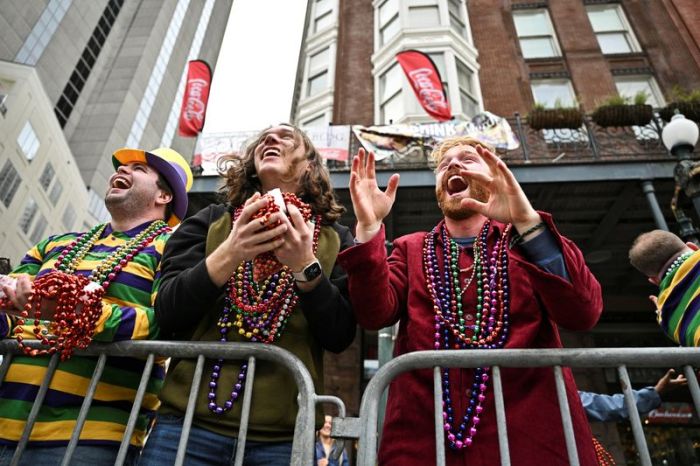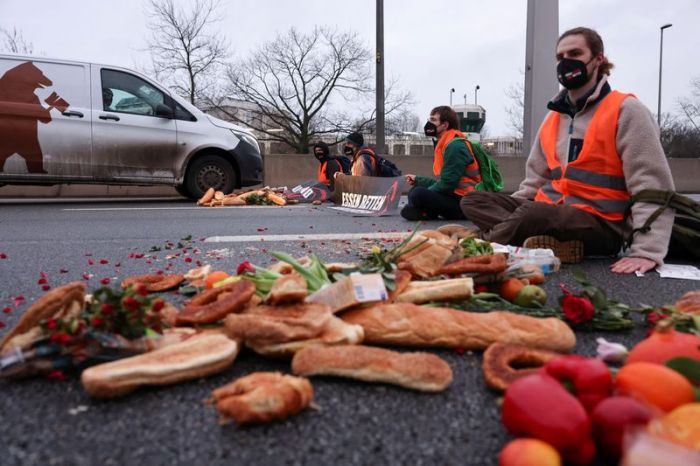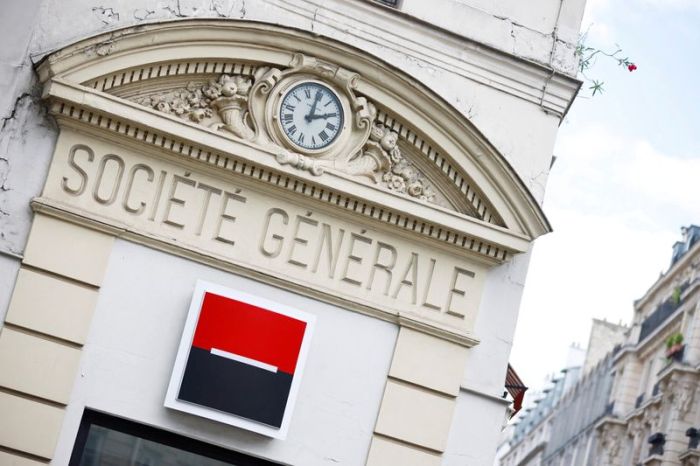(Reuters) – FIFA and UEFA have suspended Russia’s national teams and clubs from international football until further notice due to the country’s invasion of Ukraine.
The move makes it likely that Russia will be excluded from this year’s World Cup and the women’s Euro 2020 tournament.
“FIFA and UEFA have today decided together that all Russian teams, whether national representative teams or club teams, shall be suspended from participation in both FIFA and UEFA competitions until further notice,” UEFA said in a statement.
“These decisions were adopted today by the Bureau of the FIFA Council and the Executive Committee of UEFA, respectively the highest decision-making bodies of both institutions on such urgent matters,” they added.
Russia were scheduled to host Poland in a World Cup qualifying playoff on March 24 and if they remain suspended at that time, they would be out of the World Cup and unable to progress to the finals in Qatar in November.
The Polish FA had said that they will refuse to play against the Russian team and the Czech Republic and Sweden, who are in the same playoff ‘path’, had also ruled out facing Russia.
The only way Russia could still feature in the playoffs would be a sudden improvement in the situation in Ukraine leading to a lifting of the suspension.
“Both Presidents (of the soccer bodies) hope that the situation in Ukraine will improve significantly and rapidly so that football can again be a vector for unity and peace amongst people,” UEFA said.
The organisation said a further decision would be made at a later date about the impact on the women’s Euro 2022 tournament in England in July which Russia have qualified for.
British Prime Minister Boris Johnson applauded the stance taken by FIFA and UEFA.
“This is a powerful message from the international sporting community that we will not tolerate (Russian President Vladimir) Putin’s abhorrent assaults on freedom and liberty. Well done FIFA and UEFA,” he said.
The decision means that Spartak Moscow will not play their Europa League match against club RB Leipzig and so the German club will advance to the quarter-finals.
In a statement The Russian Football Federation said it “categorically disagreed” with the decision of FIFA and UEFA and that it was contrary to the ‘spirit of sports’.
“It has an obvious discriminatory character and harms a huge number of athletes, coaches, employees of clubs and national teams, and most importantly, millions of Russian and foreign fans, whose interests international sports organisations must protect in the first place,” it said.
It said it reserved the right to challenge the decision in accordance with international sports law.
Earlier on Monday, the International Olympic Committee’s executive board recommended sports federations to ban Russian and Belarusian athletes and officials from competing in events. [L1N2V31IE]
FIFA had been criticised on Sunday after a statement that Russia could continue to play matches albeit in neutral venues and only under the name ‘Football Union of Russia’.
Although FIFA had warned the country could be excluded from competitions if the situation in Ukraine did not improve, the statement was widely criticised with the Polish FA saying the stance was “totally unacceptable”.
England’s Football Association then said that they would not play against Russia, a view that was backed up by a number of European federations.
Russia hosted the last World Cup in 2018 with the final held in Moscow and attended by Putin.
Russia calls its actions in Ukraine a “special operation” that it says is not designed to occupy territory but to destroy its southern neighbour’s military capabilities and capture what it regards as dangerous nationalists.
(Reporting by Simon Evans; additional reporting by Martyn Herman; editing by John Stonestreet, Christian Radnedge and Pritha Sarkar)



























